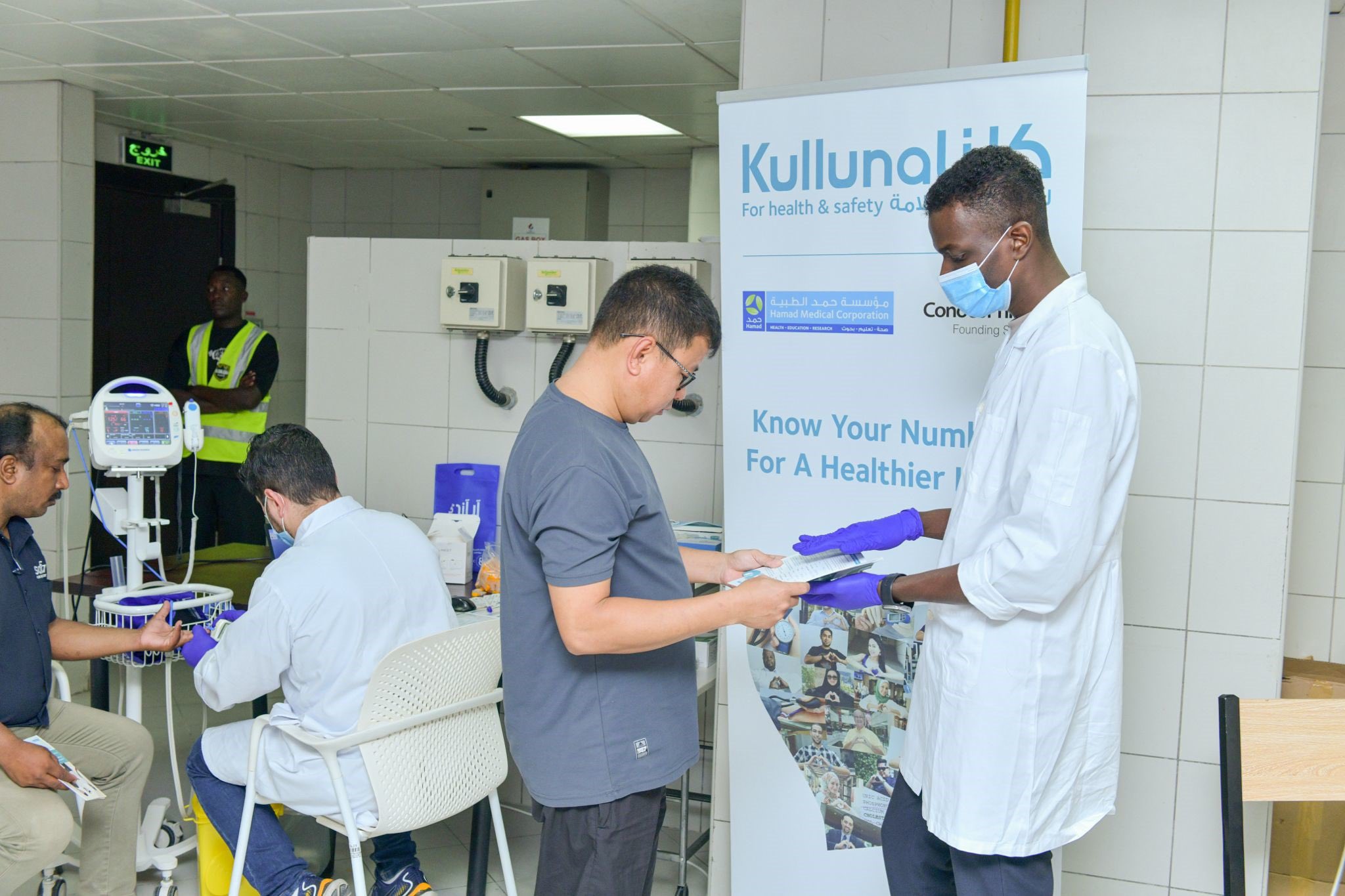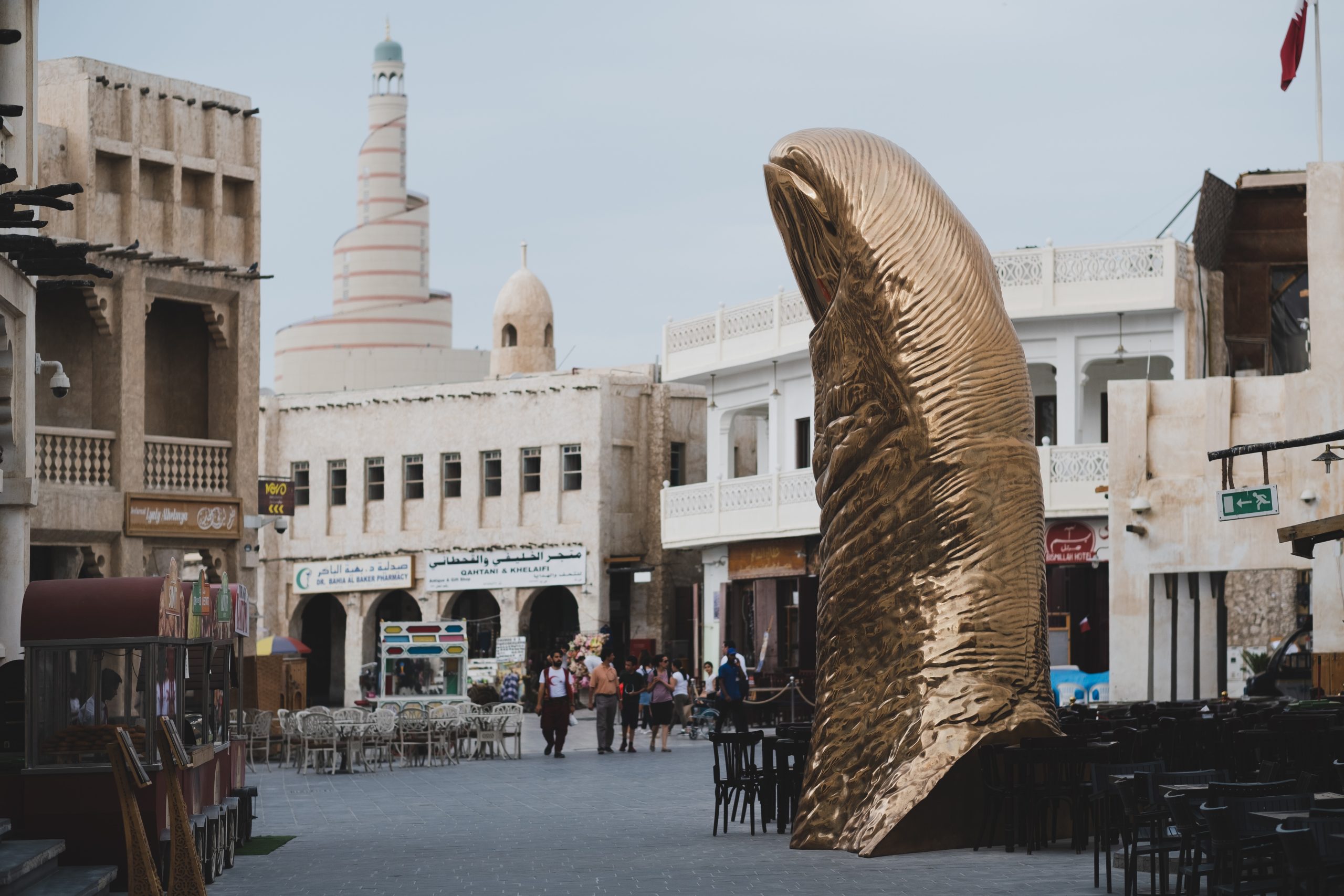
Qatar has a “severe shortage” of trained Qatari healthcare professionals, with only five nationals graduating as doctors each year, a senior Hamad Medical Corp. official has been quoted as saying.
The country needs 150 to graduate each year to meet increasing demand, he added.
In comments reported by the Arabic daily Al Raya, HMC’s Director of Medical Education Dr. Abdullatheef Al Khal said that Qatar has seen a decline in the number of locals training to be healthcare workers in the last decade, meaning that it has had to rely on staff brought in from abroad.
“We are facing a severe shortage of qualified citizens in the health sector, including nurses, dentists, pharmacists and other supporting staff such as in first aid,” Al Khal said.
The official was speaking at the launch of a government scholarship fund for Qatari students.
Under the scheme, which takes effect this fall, those given a grant will benefit from generous allowances of QR10,000 a month in the first year of their program, rising to QR26,000 a month for the fourth and subsequent years of study.
“I expect the money allocated for medical scholarship will encourage more Qataris to pursue medical education,” Al Khal added.
Qatari paramedics in training can receive a grant of QR9,000 a month under the scheme, which aims to support 21,000 nationals, encouraging them to study for careers which have been identified by the state as particularly in demand.
Gulf-wide shortage
Throughout the Gulf, there has been a shortage of nationals studying and working in healthcare.
A report published early last year by management consultants McKinsey & Company found that hospitals and clinics across the region are relying on overseas recruits to help fill what is predicted to be a 240 percent increase in the demand for services by 2025.

At the time of publication, it said more than two-thirds percent of doctors and 91 percent of nurses in Qatar are recruited from abroad.
However, as many of these expats view their jobs as a temporary stopgap, the skill base within the country’s healthcare sector is constantly in flux, and results in varying training standards, cultures and procedures.
Qatar and other counries in the region should add incentives for its nationals to consider a healthcare career, the report concluded, adding:
“Better salaries, substantial investments in professional training and development (such as residencies) and more flexible careers made possible by a greater degree of private sector participation should all help to attract GCC Nationals.”
Doctors in-training
In a bid to help address the shortfall in qualified personnel, Qatar University announced late last year that it would be launching a new College of Medicine, with its first intake of undergraduate students expected this September.

So far, at least 23 students – including 17 Qataris – have been conditionally accepted to start the six-year MD program in what will be Qatar’s first public medical school, QU said.
Doa’a Hajir is one of the students due to start the new course.
In a Qatar University statement where some of the prospective students voiced their ambitions for after their graduation, she said:
“I aspire after six years of studying medicine to be able to help others and ease the pain and suffering of patients in hospitals. Diseases that have no cure were the focus of my research interest.
Since I was in high school I aspired to conduct research that contributes to finding treatments for such diseases, God willing. I plan to specialize in internal medicine after graduating from the college.”
The QU program expands the options for studying medicine in Qatar.
Previously, Weill Cornell Medical College in Qatar was the only university in the country offering a degree in medicine. The Qatar Foundation-affiliated university in Education City provides a six-year MD program that includes two years of classroom-based pre-medical training, followed by four years of medical training.
Qatari nurses are also particularly in demand. While the University of Calgary in Qatar (UCQ) offers a Bachelor of Nursing degree as well as a diploma in nursing and a masters program, uptake by Qatari students has previously been low, making up only a quarter of the student body.
As the state’s population continues to grow at around 9-10 percent each year, and with 200,000 people moving to the country last year, the burden on the healthcare sector is considerable.
Earlier this year, HMC launched an ambitious 15-year master plan to substantially increase its capacity, doubling the number of hospital beds and operating theaters in the country. However, the challenge remains to find the personnel needed to operate the new facilities.
Thoughts?







